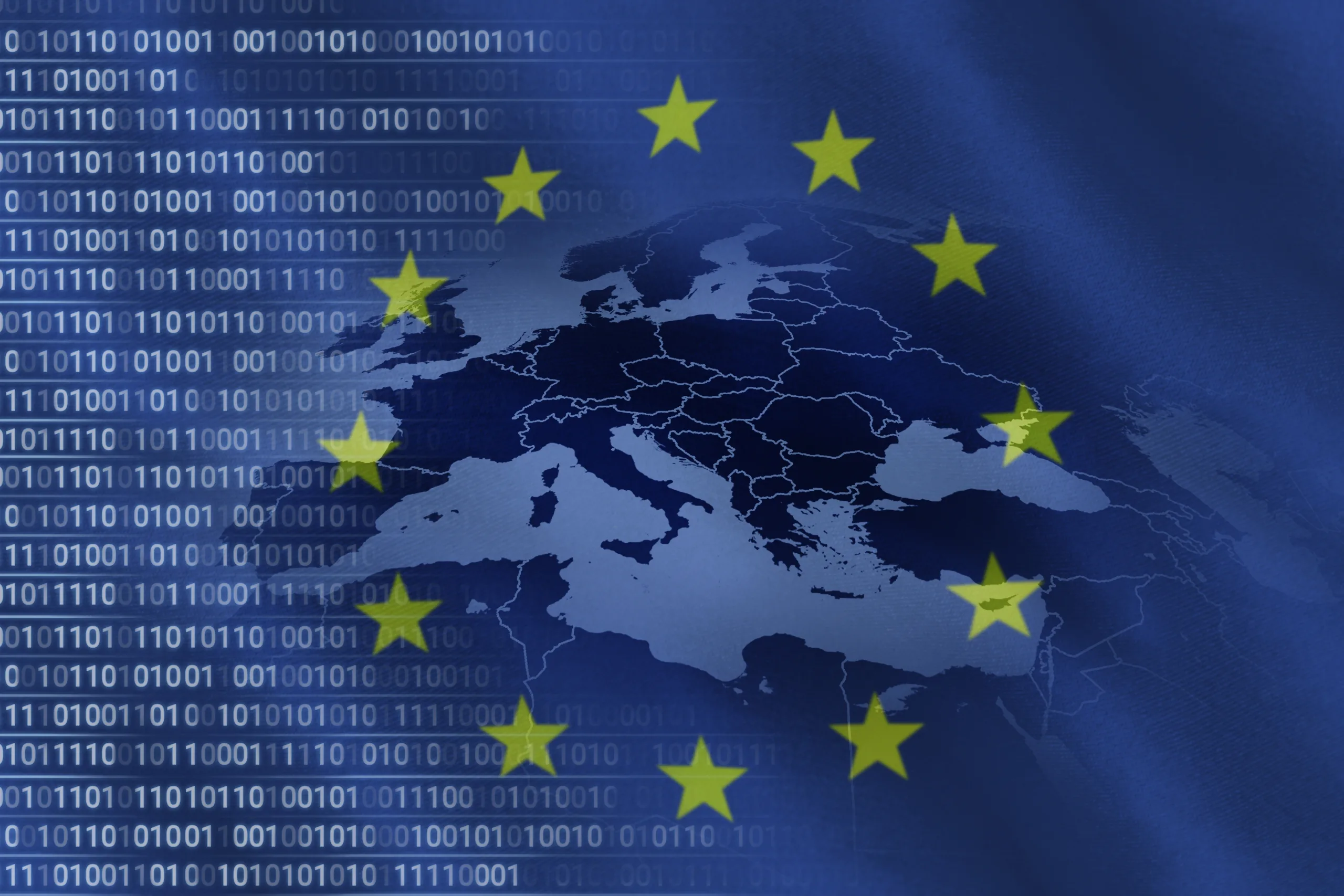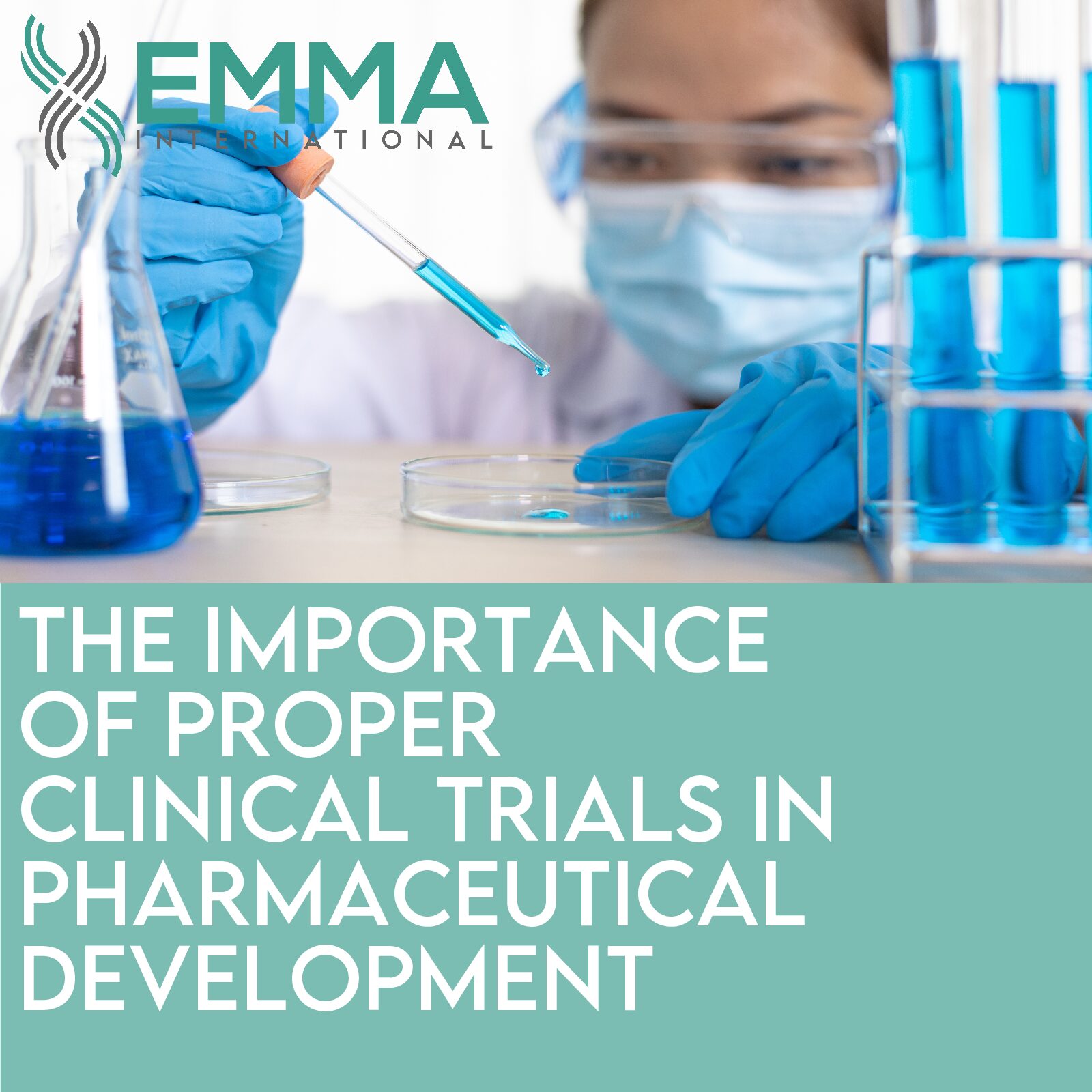In the era of rapid technological advancements, AI is at the forefront, driving innovation across industries. Recognizing the transformative power of AI and its potential impact on society, the EU has introduced comprehensive regulations to govern the development, deployment, and use of AI technologies. This blog aims to delve into the key aspects of the EU AI regulation, shedding light on its significance and implications for businesses, consumers, and the AI landscape as a whole.
The EU AI regulation, officially known as the “Proposal for a Regulation of the European Parliament and of the Council laying down harmonized rules on artificial intelligence (Artificial Intelligence Act),” was unveiled to address the ethical and legal challenges posed by AI. The regulation aims to strike a balance between fostering innovation and ensuring the responsible and ethical use of AI technologies.
The regulation adopts a risk-based approach, classifying AI applications into four categories based on their potential risks: Unacceptable Risk, High Risk, Limited Risk, and Minimal Risk. High-risk applications, such as critical infrastructure and biometric identification, face more stringent requirements.
High-risk AI applications must adhere to a set of mandatory requirements outlined in the regulation. These include robust documentation, data quality and governance, transparency, human oversight, and the implementation of appropriate technical and organizational measures to mitigate risks.
The regulation explicitly prohibits certain AI practices that are considered unacceptable due to their potential harm to individuals and society. This includes AI systems designed to manipulate human behavior or exploit vulnerabilities, as well as social scoring for government purposes.
Recognizing the importance of data in AI development, the EU AI regulation aligns with existing data protection regulations, such as the General Data Protection Regulation (GDPR). This ensures that AI systems are developed and deployed in a manner that respects individuals’ privacy rights and complies with data protection principles.
The regulation emphasizes the importance of transparency in AI systems. Users have the right to know when they are interacting with an AI system, and explanations must be provided for decisions made by high-risk AI applications.
Businesses developing or deploying AI applications, especially those categorized as high-risk, will face new compliance challenges. Adhering to the mandatory requirements and navigating the regulatory landscape will require a proactive and strategic approach.
As a harmonized regulation applicable across the EU, the AI regulation promotes consistency in AI governance. This facilitates cross-border collaboration and ensures a level playing field for businesses operating within the EU market. Clear rules and guidelines for AI use can strengthen consumer confidence in AI technologies. Knowing that robust safeguards are in place to mitigate risks can lead to increased acceptance and adoption of AI-powered solutions.
The EU AI regulation marks a significant step in shaping the future of artificial intelligence within the European Union. By adopting a risk-based approach and establishing clear guidelines for high-risk AI applications, the regulation seeks to strike a balance between fostering innovation and safeguarding individuals and society. As businesses adapt to the new regulatory landscape, a commitment to responsible AI development and compliance will be essential for navigating the complexities of the evolving AI ecosystem in Europe.
If you need support with your AI product, EMMA International can help! Give us a call at 248-987-4497 or email info@emmainternational.com to learn more.
EU News Parliament (August 2023) EU AI Act: first regulation on artificial intelligence retrieved on 1/31/2024.





